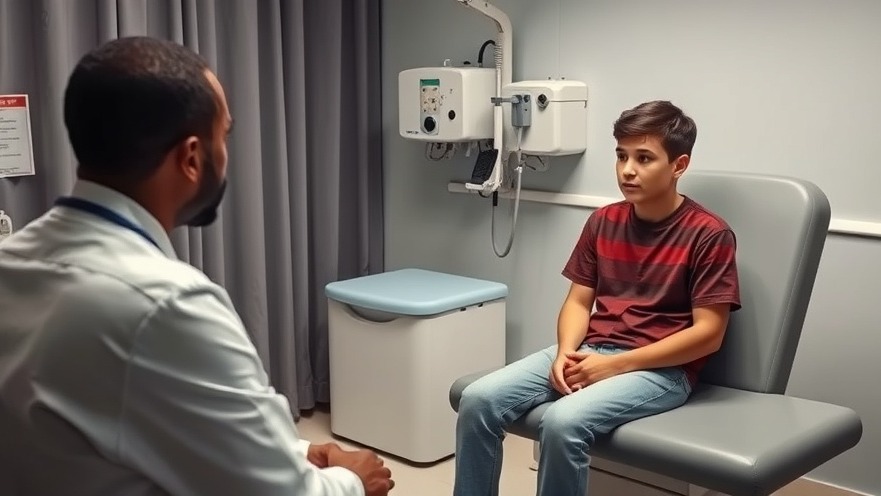
Understanding the Skrmetti Ruling: Implications for Minors’ Healthcare
On June 18, 2025, the U.S. Supreme Court delivered a consequential ruling in United States v. Skrmetti, upholding a Tennessee law that bans gender-affirming care for minors. By a vote of 6-3, the Court concluded that the law does not violate the Equal Protection Clause of the Fourteenth Amendment. This decision has sent ripples throughout the nation, raising concerns over the availability and future of gender-affirming treatments for young individuals.
The Legal Framework: Age and Medical Diagnosis
The Court’s assessment focused on whether Tennessee's SB1, which prohibits gender-affirming treatments for minors, constitutes a discriminatory act based on sex or transgender status. It found that the law distinguishes based on age and medical diagnoses, thus escaping the need for heightened scrutiny that would apply under sex-based classifications. The ruling establishes that under a rational basis review, the classification must merely be related to legitimate state objectives, which in this case, the Court found was met.
Potential Consequences of the Ruling
This ruling sets a precedent that may solidify existing bans in at least 27 other states, furthering the current trend of minimizing access to essential health services for transgender minors. Health professionals and advocates argue that this can lead to increased mental health challenges and a significant reduction in the wellbeing of affected youth. The stark reality is that access to gender-affirming care is now more fragmented than ever, creating substantial disparities in care across geographical lines.
Substance Over Symbolism: Understanding Dissenting Opinions
Justices Sotomayor and Jackson presented a compelling dissent, emphasizing that the law does classify individuals based on sex, thus warranting heightened scrutiny. This disagreement highlights the ongoing debate around health policy decisions that directly affect vulnerable populations. The dissenting opinions serve as a reminder that the judiciary's deliberations involve conflicting interpretations of rights and protections, which can significantly impact real lives.
Current Landscape of Gender-Affirming Care Access
As we stand in the wake of the Skrmetti ruling, the landscape for minors seeking gender-affirming care remains convoluted. With bans now in place in numerous states, including Tennessee, the risks of mental distress, anxiety, and societal alienation for these minors are climbing. The legality of certain laws representing gender-affirming care often hinges on both state and federal judicial interpretations, complicating the lives of those affected.
Emotional Impact on Families and Minors
Compounding these legal dilemmas is the significant emotional toll on families navigating these complicated healthcare landscapes. Parents seeking appropriate care for their transgender children are often faced with barriers imposed by their local laws and policies. The implications of the Court’s ruling illuminate the contrasts in how states approach healthcare access which can greatly impact familial trust, relationships, and overall mental health.
Call to Action: The Importance of Advocacy and Education
In light of the ongoing threats to equitable healthcare access for LGBTQ+ minors, it is crucial for individuals to advocate for inclusive health policies. Staying informed about local regulations and joining forces with advocacy groups can mobilize efforts to challenge detrimental laws. Elevating public awareness about these issues is key to creating a supportive environment where youth can receive the gender-affirming care they need.
As concerns regarding health and wellness permeate our society, understanding the regulations surrounding healthcare access becomes imperative for fostering inclusive communities. By prioritizing advocacy and education, we can influence policy changes that positively impact the health and wellness of future generations.
 Add Row
Add Row  Add
Add 




Write A Comment